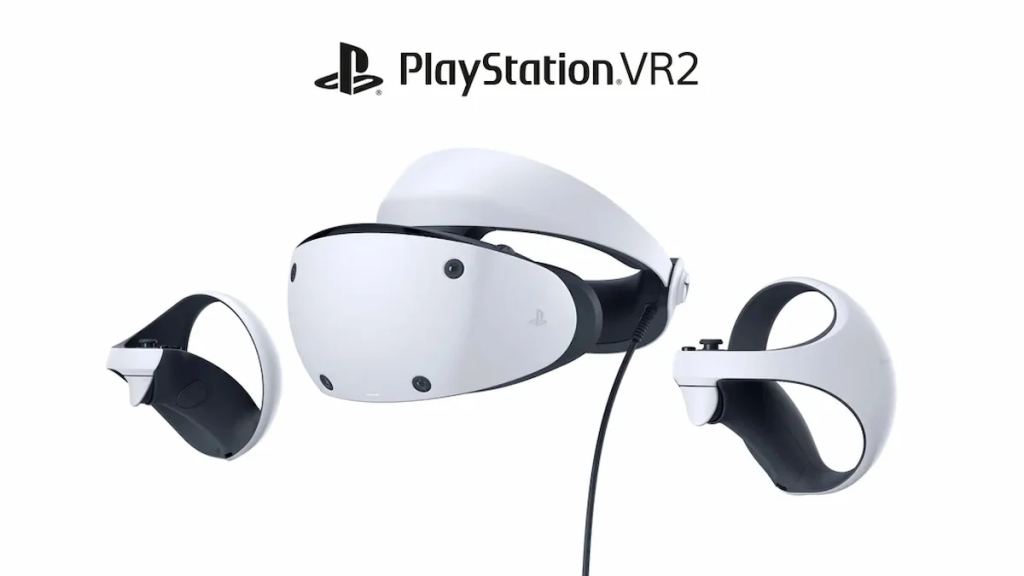In his Power On newsletter, Mark Gurman revealed that Apple plans to introduce support for traditional VR game controllers on the Apple Vision Pro and has reportedly approached Sony to help advance this initiative.
The goal is to enhance the Vision Pro’s gaming capabilities, an area where the device has struggled to stand out.
Gurman reports that a future version of visionOS will incorporate support for third-party hand controllers, though no specific timeline has been disclosed:
Apple is now working on a major effort to support third-party hand controllers in the device’s visionOS software and has teamed up with Sony Group Corp. to make it happen.
As part of this collaboration, Apple is said to be exploring the integration of Sony’s PlayStation VR2 controllers. Progress has reportedly been made, with both companies working together toward this goal:
Apple approached Sony earlier this year, and the duo agreed to work together on launching support for the PlayStation VR2’s hand controllers on the Vision Pro.

Inside Sony, the work has been a monthslong undertaking, I’m told. And Apple has discussed the plan with third-party developers, asking them if they’d integrate support into their games.
However, not everything has gone as planned. Apple and Sony initially intended to announce this feature last month, but it has been delayed. According to Gurman, the announcement is still expected unless unforeseen circumstances lead to its cancellation.
In addition to working with Sony, Apple has reportedly prototyped a “wand” device for the Vision Pro, resembling an Apple Pencil, to enable more precise control.
Currently, the Apple Vision Pro supports traditional gaming controllers from Xbox and PlayStation for Apple Arcade titles. However, it lacks compatibility with standard VR controllers, limiting its ability to run most VR games.
Gurman’s report also notes that Apple has sold fewer than 500,000 units of the Vision Pro, with user engagement levels falling short of expectations. The introduction of proper VR gaming support could potentially improve sales and broaden the device’s appeal.
Despite these challenges, Apple remains committed to the Vision Pro product line. While bulky headsets may not be a permanent fixture in the tech landscape, Apple’s investment in the Vision Pro indicates no plans for discontinuation in the near future.
